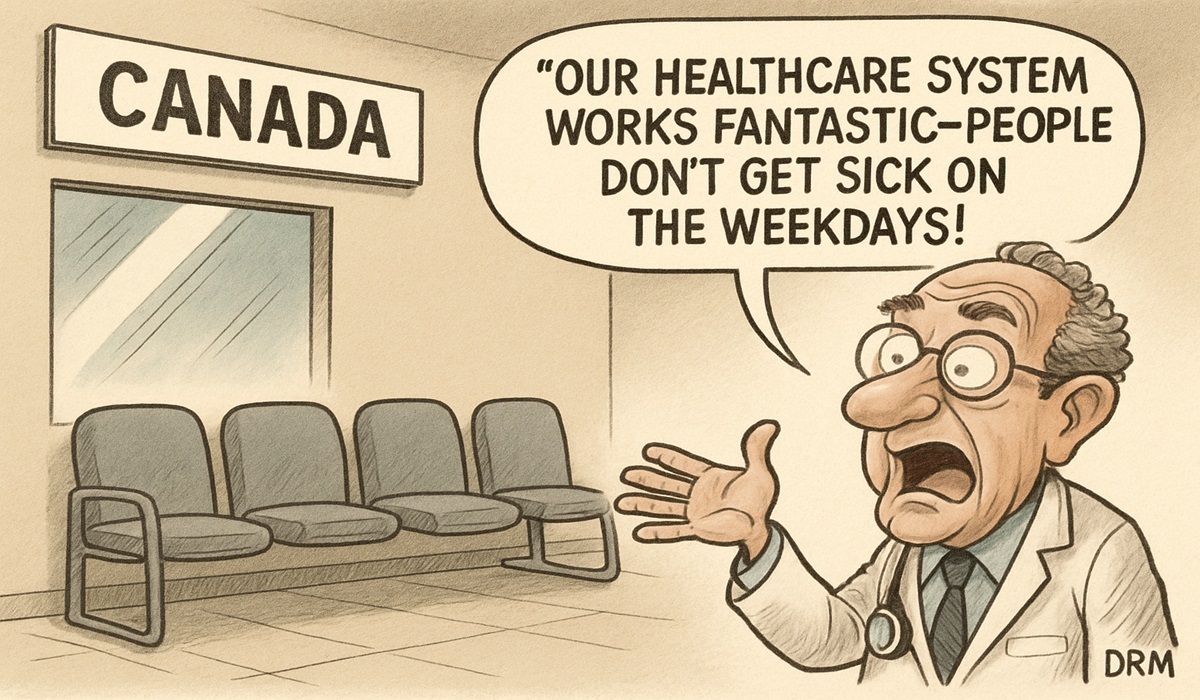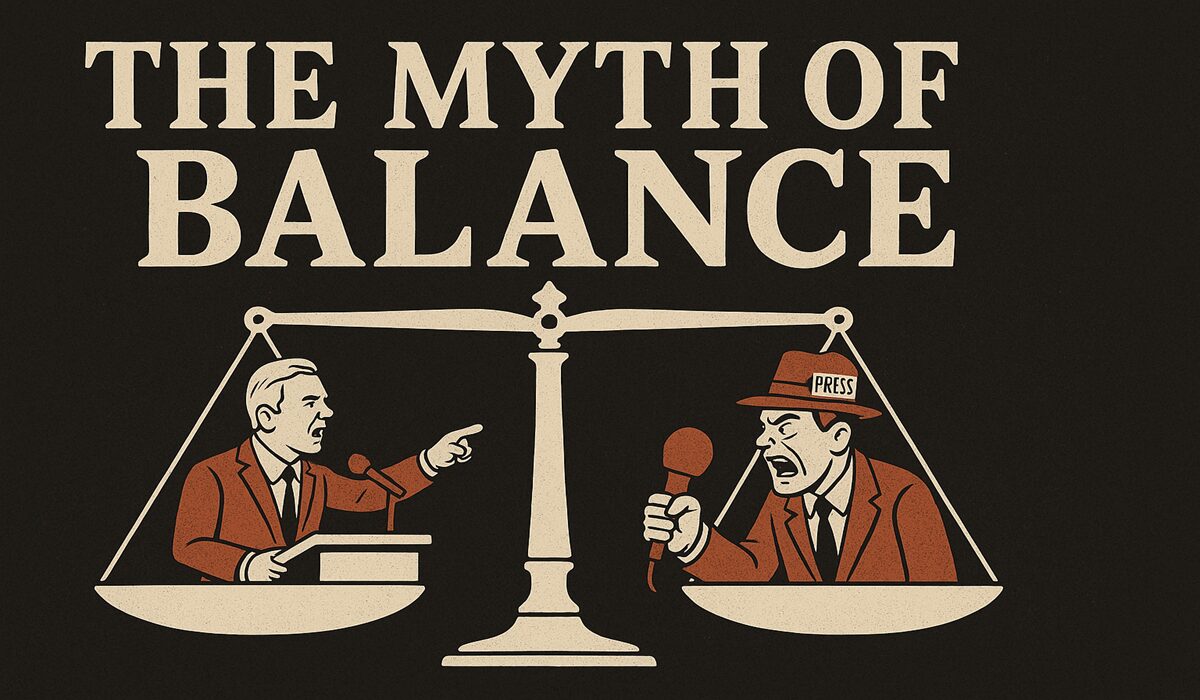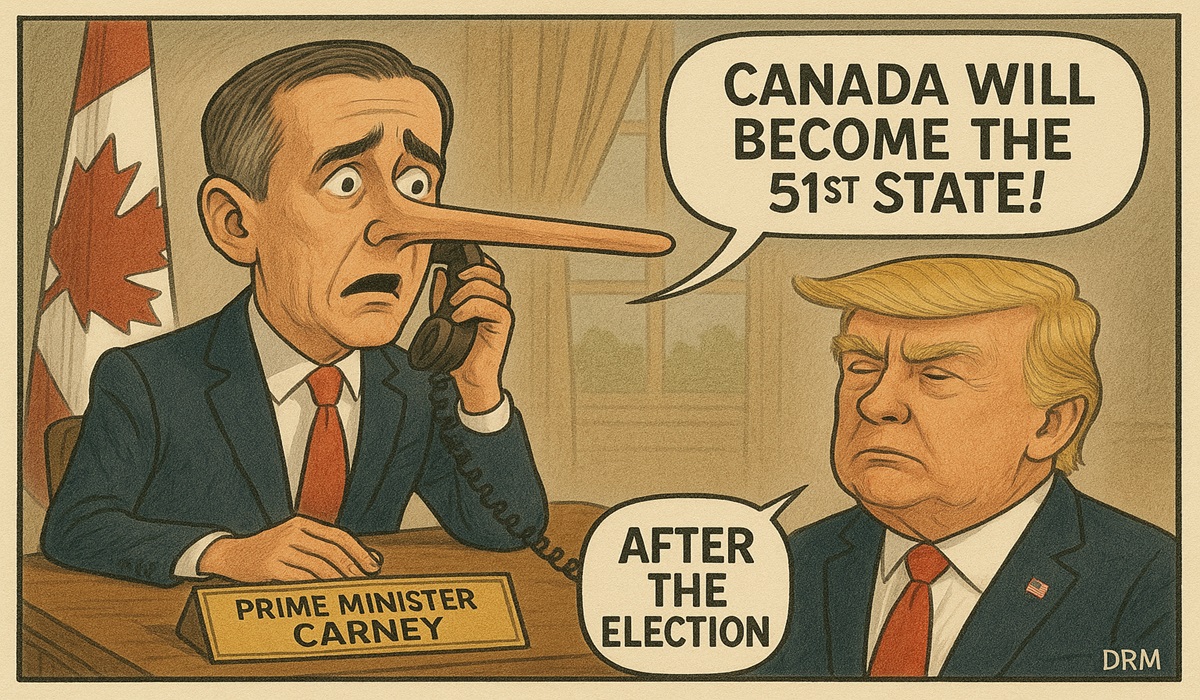Trudeau Announces More Financial Support for Heating Costs in Canada’s Rural Areas
- Ingrid Jones
- Atlantic Canada
- D.O.C Supplements - Trending News
- October 26, 2023

As global market forces and inflation continue to impact Canadians, many families feel the financial strain on their monthly bills. The Government of Canada has already taken significant steps to address issues such as affordable child care, home retrofits, and the rising cost of groceries. In a bid to further alleviate the financial burden on Canadian households, Prime Minister Justin Trudeau recently announced an ambitious new energy affordability package. This package includes measures to double the pollution price rebate and support those living in rural communities, particularly in the context of increasing energy costs.
The central element of this announcement is the doubling of the pollution price rebate, known as the Climate Action Incentive Payment, for residents of rural areas. This rebate will increase from 10 to 20 percent of the baseline amount, effective in April 2024. The rationale behind this move is the recognition that people living in rural communities face unique challenges, including higher energy costs due to their distance from urban centers. By increasing the rebate, the government aims to put more money back in the pockets of families grappling with these elevated energy expenses.
One of the key challenges households and small businesses face in rural areas, particularly during the colder months, is the cost of heating, often reliant on heating oil. To address this concern, Prime Minister Trudeau also announced a temporary three-year pause on the federal price on pollution (fuel charge) for heating oil deliveries in regions where the federal fuel charge is in effect. This pause will commence 14 days from the date of the announcement.
While the fuel charge is already returned to consumers through the pollution price rebate, this temporary pause is expected to save a household that uses heating oil an average of $250 at the current rate. Simultaneously, the federal government will collaborate with provinces to facilitate the adoption of heat pumps, with the long-term goal of phasing out oil for heating. Heat pumps are a more energy-efficient and environmentally friendly alternative for heating homes.
The government’s commitment to this transition is further evident in its plan to work with provinces and territories to make it easier for people to switch to electric heat pumps. This will be implemented through a series of measures initially piloted in Atlantic Canada:
- An upfront payment of $250 will be provided to low- to median-income households that heat their homes with oil and sign up for a heat pump through a joint federal-provincial government program.
- The Oil to Heat Pump Affordability program will be strengthened, increasing federal funding eligibility from $10,000 to $15,000 for homeowners installing a heat pump. This additional funding and provincial and territorial contributions will allow lower-income households to access a heat pump for free, thus minimizing upfront costs.
The financial benefits of transitioning from oil to cold-climate heat pumps are substantial. On average, homeowners who make this switch can save up to $2,500 per year on their home energy bills, making it a cost-effective and sustainable choice.
The Canadian government’s plan to provide financial relief is a positive step. The combination of increased pollution price rebates, a temporary pause on the fuel charge for heating oil, and the promotion of energy-efficient heat pumps demonstrates the government’s urgent need to address Canadian households’ financial challenges. These measures are about saving money and building a more sustainable and environmentally conscious future, making a meaningful difference for Canadian families.








